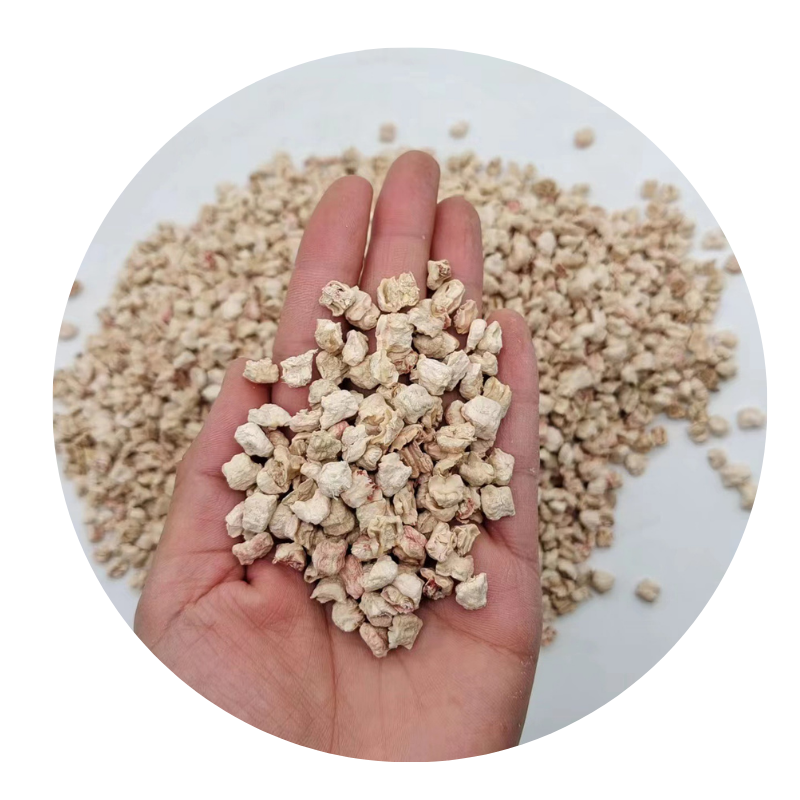
Uses and Applications of Calcined Dolomite Powder in Various Industries
The Versatile Applications of Calcined Dolomite Powder
Calcined dolomite powder has emerged as a crucial material in various industrial applications. Derived from the mineral dolomite, which is primarily composed of magnesium carbonate and calcium carbonate, calcined dolomite undergoes a transformation through a process called calcination. This process involves heating the dolomite to high temperatures, typically between 800 to 1000 degrees Celsius, which results in the release of carbon dioxide and the production of magnesium oxide and calcium oxide. The resulting calcined dolomite powder boasts a range of unique properties that make it valuable across multiple sectors.
One of the most significant applications of calcined dolomite powder is in the construction industry. It serves as an excellent raw material for the production of cement and concrete. The inclusion of calcined dolomite enhances the durability and strength of cement-based products. The powdered form allows for better mixing and uniformity in the final products. Furthermore, it acts as a supplementary cementing material, improving workability and reducing the overall water requirement in concrete mixes. As a result, structures built with cement containing calcined dolomite exhibit improved performance in terms of longevity and resilience.
In addition to its role in construction, calcined dolomite powder finds applications in the glass and ceramic industries. In glass manufacturing, it serves as a flux, lowering the melting point of silica and improving the fluidity of the glass mixture. This results in enhanced transparency and strength of the final glass products. Similarly, in the ceramics industry, calcined dolomite is used as a fluxing agent, which contributes to the vitrification process, ensuring that ceramic products attain the desired density, hardness, and shine.
Moreover, calcined dolomite powder is a key player in agriculture. It is often used as a soil conditioner and pH adjuster, helping to neutralize acidic soils. The presence of both calcium and magnesium in calcined dolomite enhances soil fertility and promotes healthy plant growth. Farmers and agronomists increasingly recognize its benefits, leading to its application in sustainable farming practices. By improving soil structure and nutrient availability, calcined dolomite contributes to higher crop yields and better quality produce.
calcined dolomite powder

The chemical industry also leverages the properties of calcined dolomite powder. It serves as a raw material for producing various chemicals, including magnesium oxide, which is used in a wide range of applications, from refractory materials to pharmaceuticals. Furthermore, calcined dolomite is utilized in the production of iron and steel, acting as a flux that helps remove impurities during the smelting process. This not only enhances the quality of the metal produced but also aids in reducing environmental emissions by minimizing the energy required for production.
In the realm of environmental applications, calcined dolomite powder is gaining attention for its capacity to treat wastewater and flue gases. Its alkaline properties allow it to neutralize acidic waste streams, making it a valuable asset in pollution control technologies. Industries are increasingly adopting calcined dolomite as a cost-effective solution for mitigating the environmental impact of their operations.
Despite its wide-ranging benefits, the production and use of calcined dolomite powder must be managed sustainably. Like any other industrial process, calcination has its environmental implications, including carbon emissions associated with the thermal treatment of dolomite. Therefore, efforts to enhance production efficiency and explore alternative, low-carbon technologies are essential for minimizing the ecological footprint of calcined dolomite powder.
In conclusion, calcined dolomite powder plays a pivotal role in various industries, making it a highly versatile material. Its applications in construction, agriculture, glass and ceramics, chemical production, and environmental management underscore its importance in modern industrial practices. As industries prioritize sustainability, the demand for calcined dolomite powder is expected to grow, driving innovation and efficiency in its production and application.
Share
-
Natural Premium Bentonite Cat Litter - Superior ClumpingNewsJul.31,2025
-
Premium Resin Coated Sand - High Heat Resistance CastingNewsJul.31,2025
-
High Quality Silicon Carbide Grit for Abrasive ApplicationsNewsJul.30,2025
-
High-Quality Ceramsite for Plants & Gardening | Lightweight PebblesNewsJul.29,2025
-
Premium Burgundy Glass Marbles for Vases & Shooter GamesNewsJul.29,2025
-
High Purity Quartz Sand for Industrial and Ground ApplicationsNewsJul.29,2025






